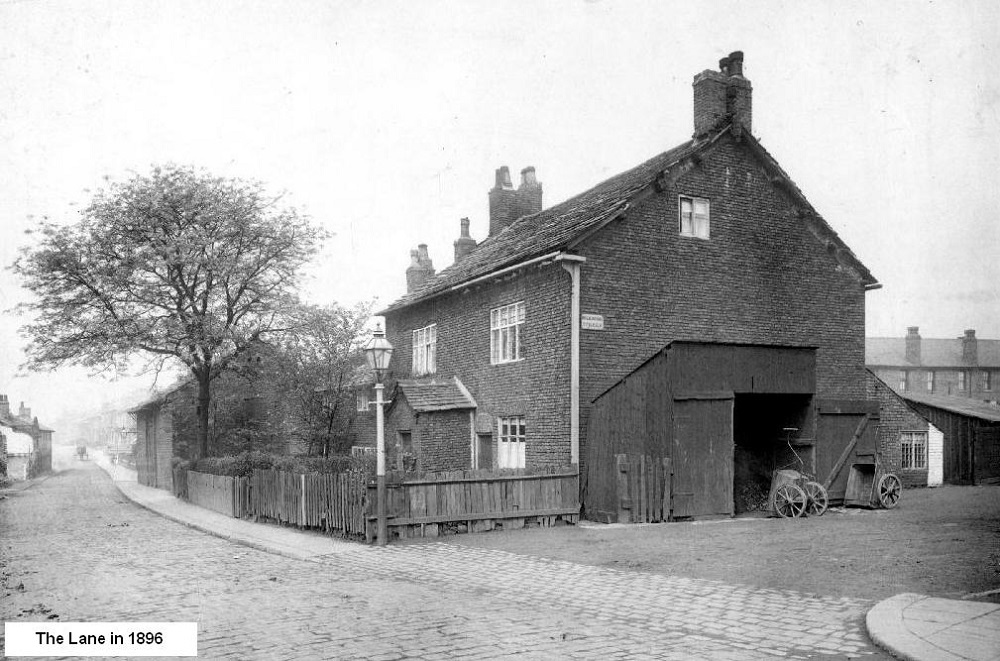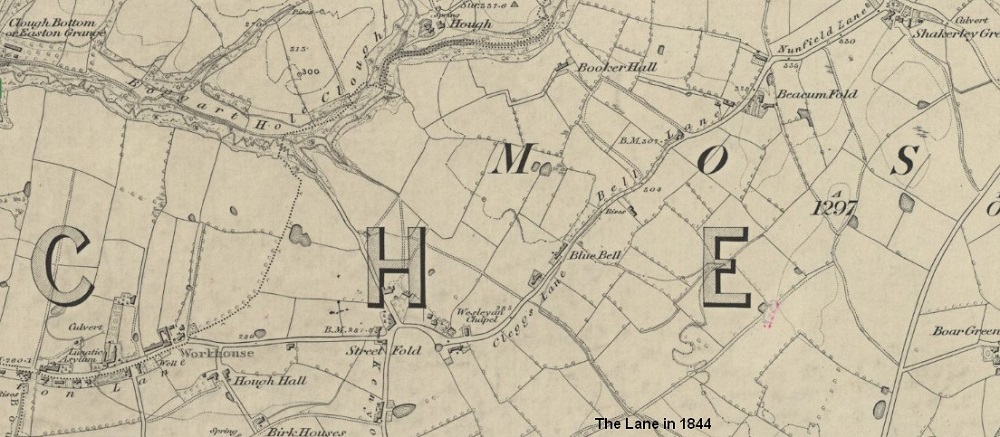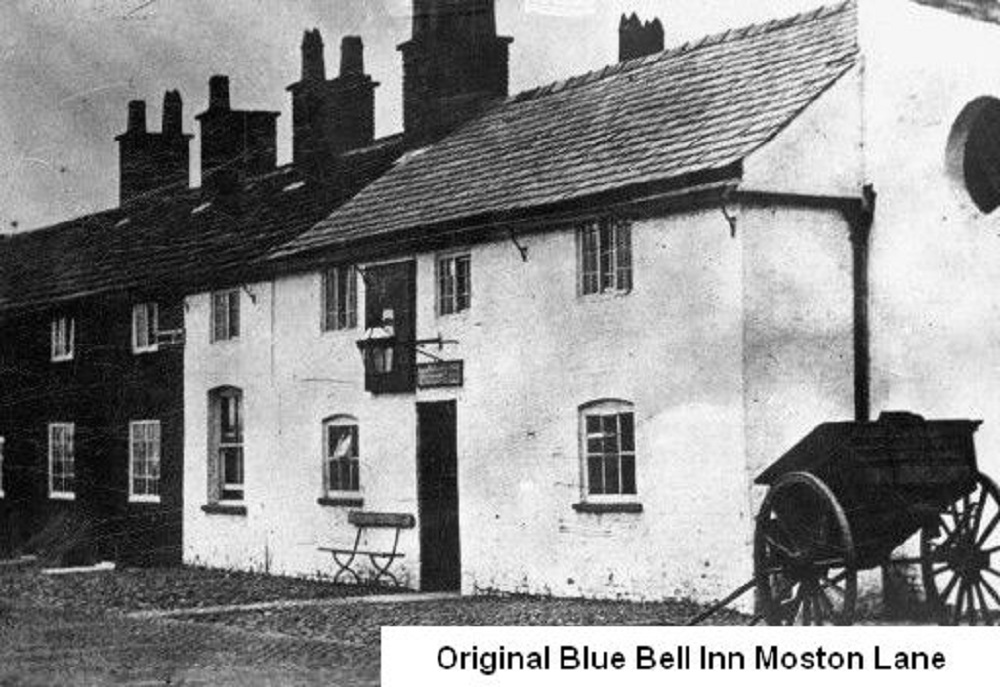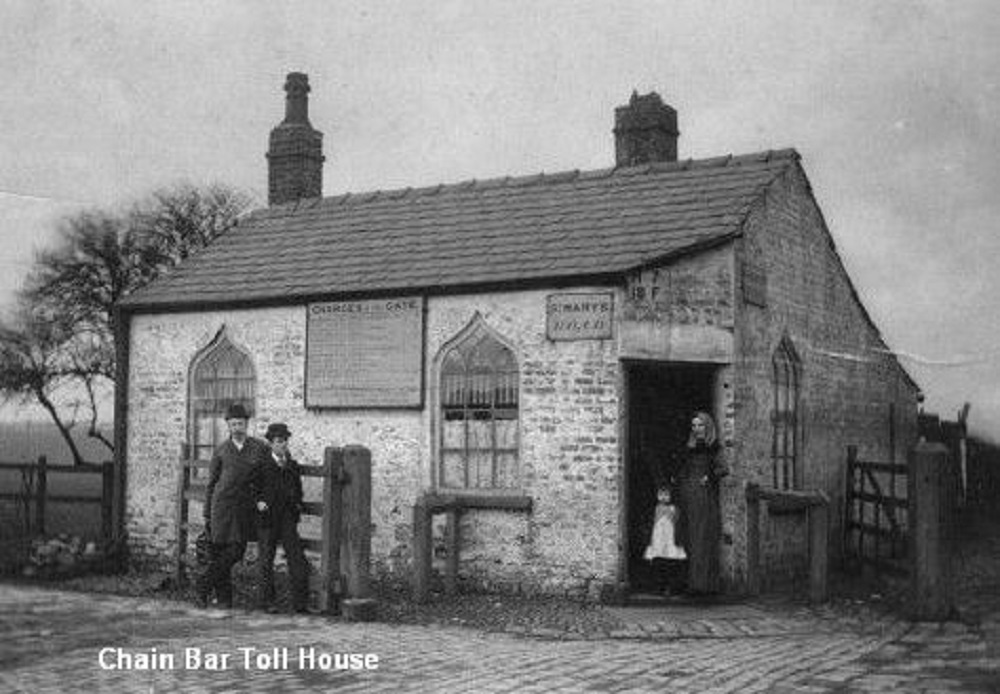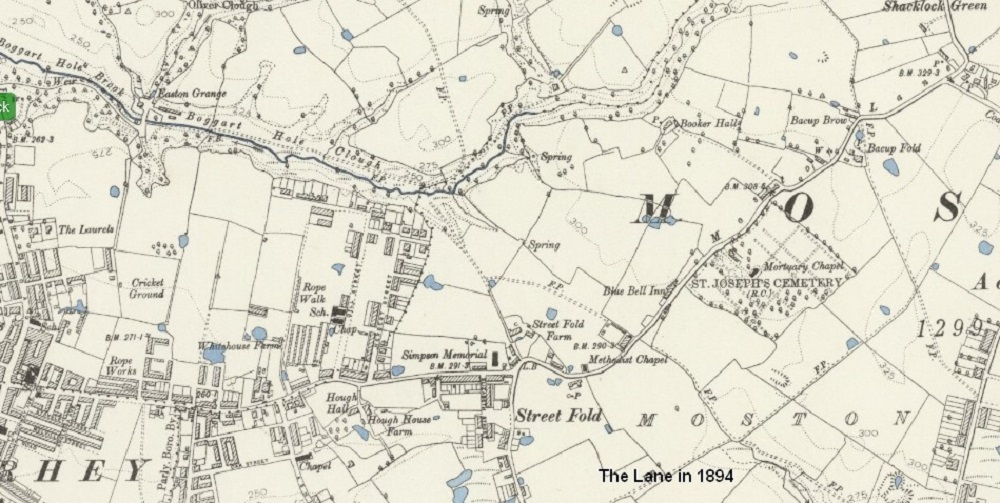Pantomime has proved to be one of the most enduring forms of entertainment for all classes and every age group. There must be something innate about it, because within minutes of the curtain rising on their first theatre visit, the tiniest tot will be calling out “it’s behind you”, like a veteran.
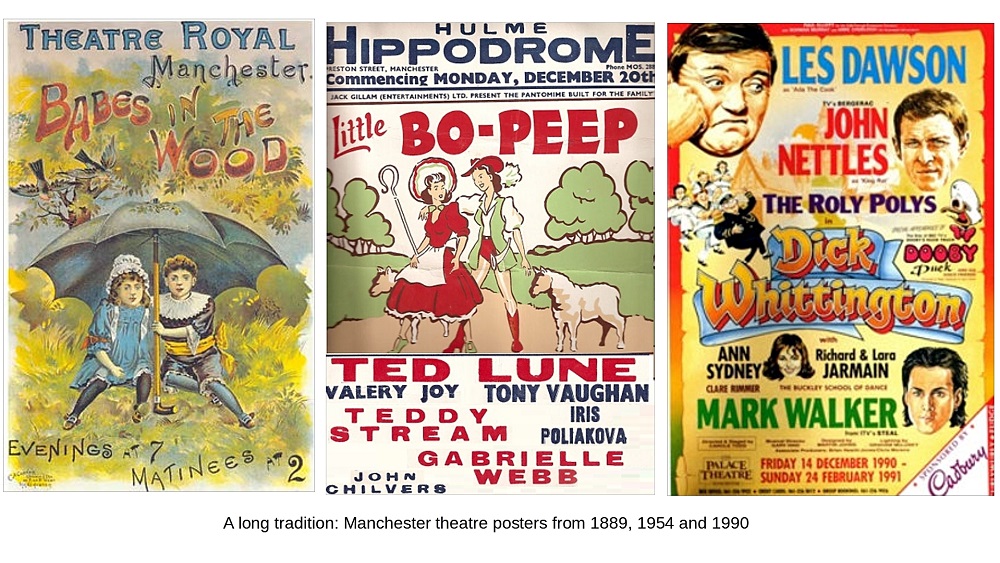
Over the years, small innovations may have crept in, but woe betide companies who ignore sacred panto traditions. One is that the (good) fairy comes on stage from the right, while the (evil) villain always enters from the left. Other conventions are that cross-dressing is mandatory, the dame’s voluminous union jack bloomers must be exhibited at every possible opportunity, and topical or local jokes get the biggest laughs.
Even the wardrobe department has traditions to maintain. Costumes for the finale must be so outrageously fabulous they command rapturous applause when, two by two, the cast enters. Goodies take their bows, hand in hand with baddies, to show that all ill will has been put aside for another year.

Panto has proved to be a money spinner, so companies are prepared to push the boat out with costumes, scenery and special effects.
Live animals and local dance troupes go down well, but perhaps the real favourite are the ‘skin roles’ which don’t really exist outside pantomime. An actor named George Conquest built a career around playing animals in panto. The most ambitious of his costumes was an octopus 28 foot wide. Skin roles didn’t seem to do an actor’s career any harm either. Henry Irving once played the wolf in Red Riding Hood, while Charlie Chaplin was the front of a pantomime horse in Stockport.
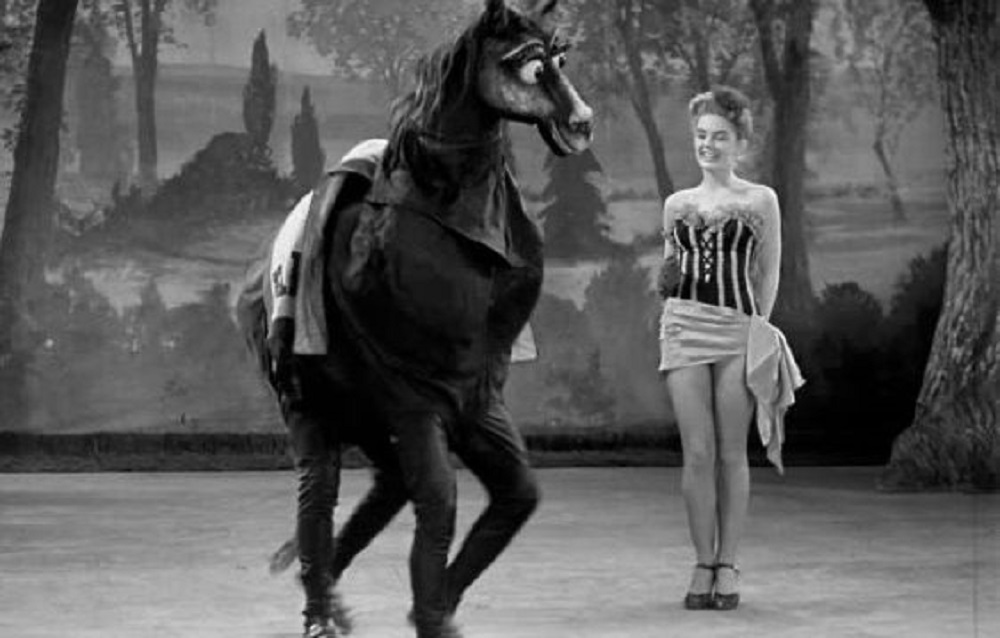
Panto has enriched the language with words and phrases everyone recognises. Cinderella is shorthand for a drudge, or something unvalued. And we are warned not to kill the goose that lays the golden egg. The name of an inferior brand of green tea called Widow Twankey would no doubt have disappeared unremarked if it hadn’t been immortalised by Pantomime.
I never went to a lavishly produced extravaganza at a large theatre. I regret not seeing Norman Evans, the ultimate dame in my opinion, when he appeared at the Palace theatre, Manchester in 1952. But that year, without being aware of it, I was taking a tiny part in local panto history.
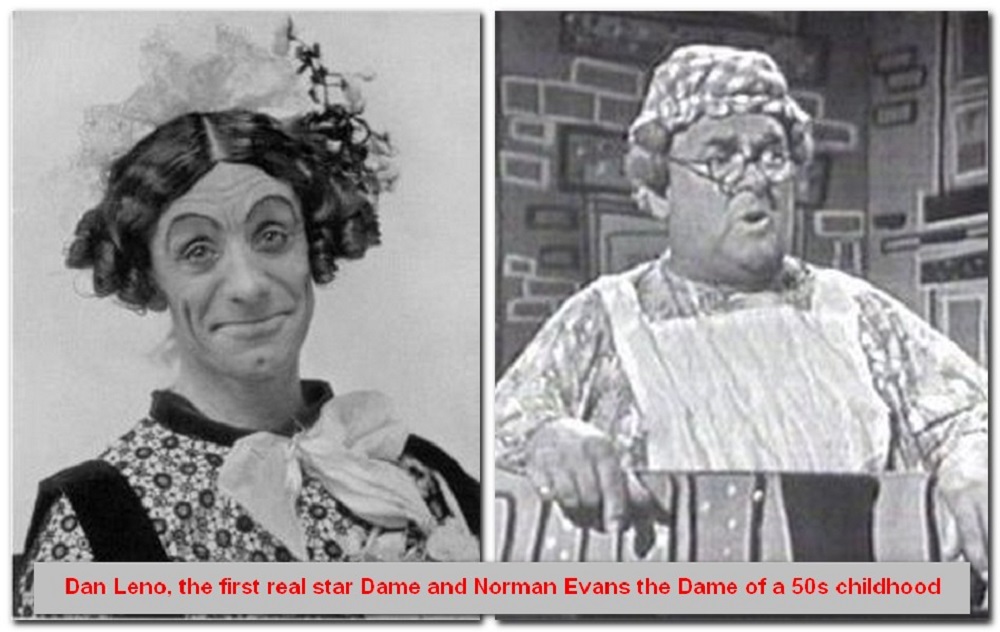
Queen’s Park Hippodrome on Turkey Lane was our nearest theatre. By the time I was old enough to go, saucy French variety acts had become its normal bill of fare. However, in 1952, there was one last pantomime before the theatre closed altogether, and I was there.
Buttons had us singing along to ‘you push the damper in and pull the damper out and the smoke goes up the chimney just the same’, so I guess it was Cinderella. I was only 5, and my clearest memory is of the long, cold walk home up Church Lane afterwards.
With the exception of that one visit to the Hippodrome, all my childhood pantomime recollections are of amateur productions at St. John’s church hall. What we really loved about it was that, with the exception of the name, nothing ever seemed to change.
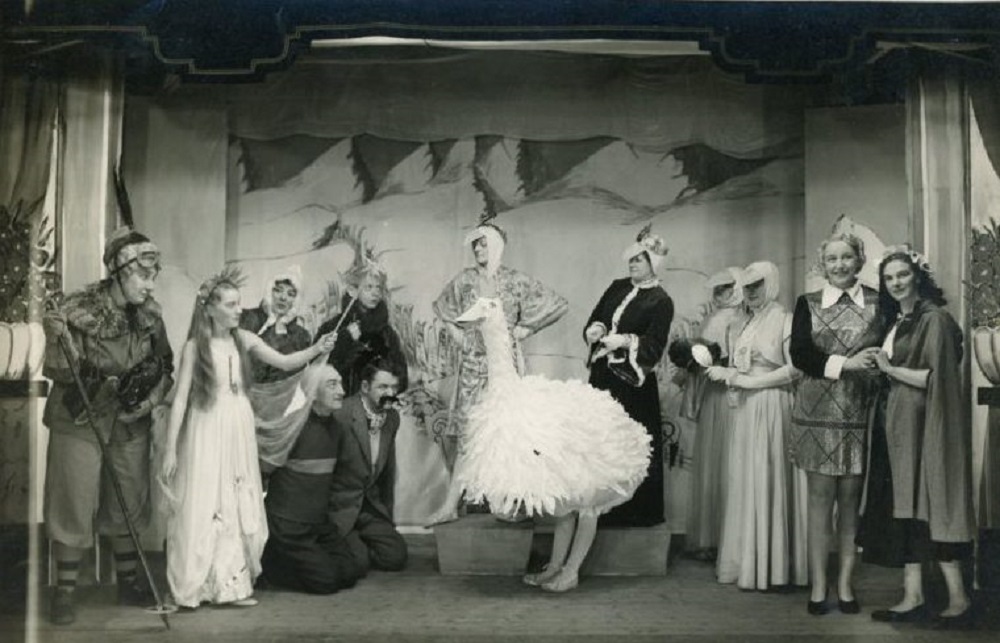
Year after year, the pianist’s ‘victory roll’ hair style stayed the same, the Sunday school superintendent played the dame, and the kids you went to school with, were the ‘village folk’.
Sunday school benches formed the front three rows, and they were exclusively for children. Adults were accommodated on chairs behind them.
Our move to New Moston meant I left St. John’s Sunday school when I was nine. That was the minimum age to audition, so 1956’s panto would have been my first.
As a painfully shy, ungainly child, any part I got would have been entirely due to regular Sunday attendance rather than talent.
Despite being devastated at missing my chance to participate, I still looked forward to going to the pantomime as usual. When the curtains opened on the ‘village square’, I was horrified to see that amongst the ‘villagers’, there was a girl from my class at Lily Lane.
She didn’t go to Sunday school in my time, so must have joined just before the audition. How was it that a part, that should rightfully have been mine, went to this interloper?
It might be over sixty years, VH, but don’t think I’ve forgiven you yet…







